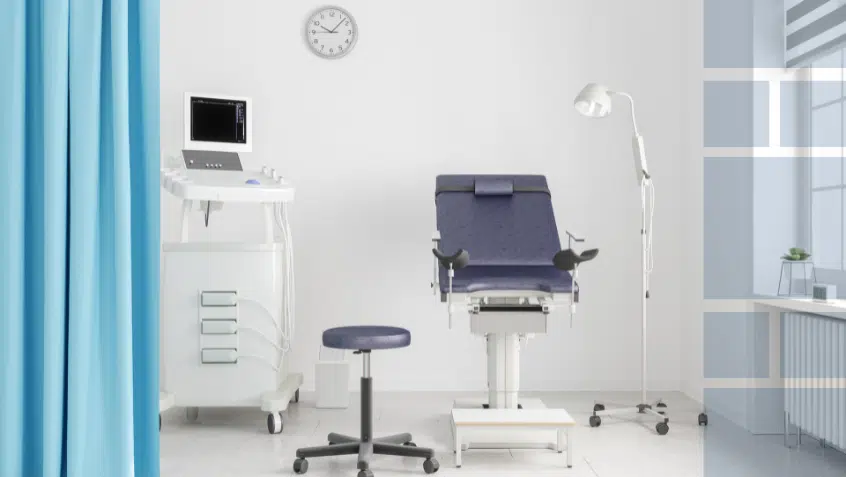Take Action: Tell your senators to reject harmful cuts to health care!
Legal Action Center Calls for Better Medicare Coverage for Substance Use Disorder Treatments

This week, the Legal Action Center released a report identifying gaps in Medicare’s coverage of common and recommended treatments for substance use disorders compared to private insurance and Medicaid.
While Medicare covers treatments for substance use disorder, and has in fact expanded such coverage in recent years, the report highlights significant barriers to accessing needed care. These barriers particularly affect services that are provided by freestanding substance use disorder treatment facilities—residential or outpatient—that are not otherwise Medicare providers. Coverage for outpatient services obtained from a primary care doctor or during an inpatient hospitalization is on par with other insurers.
As the report notes, the need for behavioral health and substance use disorder treatment among Medicare beneficiaries is high and growing. In 2019, over one million individuals over age 65 were diagnosed with alcohol dependence, approximately 300,000 people with Medicare are diagnosed with an opioid use disorder annually, and from 2018 to 2019 the number of individuals over age 65 with a substance use disorder diagnosis increased 26%.
The Legal Action Center recommends amending the 2008 Mental Health Parity and Addiction Equality Act to apply to Medicare coverage. This would, they argue, expand Medicare coverage of the types of services and service providers currently unable to bill Medicare. Another option would be to directly expand Medicare coverage. No matter the mechanism, Medicare Rights Center agrees with the need for improved coverage in this area and continues to urge both the Centers for Medicare & Medicaid Services and Congress to act to ensure adequate treatment is available in appropriate and accessible settings for every beneficiary who needs such services.
Read more about how Medicare currently covers mental health services.
Show Comments
We welcome thoughtful, respectful discussion on our website. To maintain a safe and constructive environment, comments that include profanity or violent, threatening language will be hidden. We may ban commentors who repeatedly cross these guidelines.
Help Us Protect & Strengthen Medicare.
Donate today and make a lasting impact.
The Latest
Most Read
Add Medicare to Your Inbox
Sign up to receive Medicare news, policy developments, and other useful updates from the Medicare Rights.
View this profile on InstagramMedicare Rights Center (@medicarerights) • Instagram photos and videos









